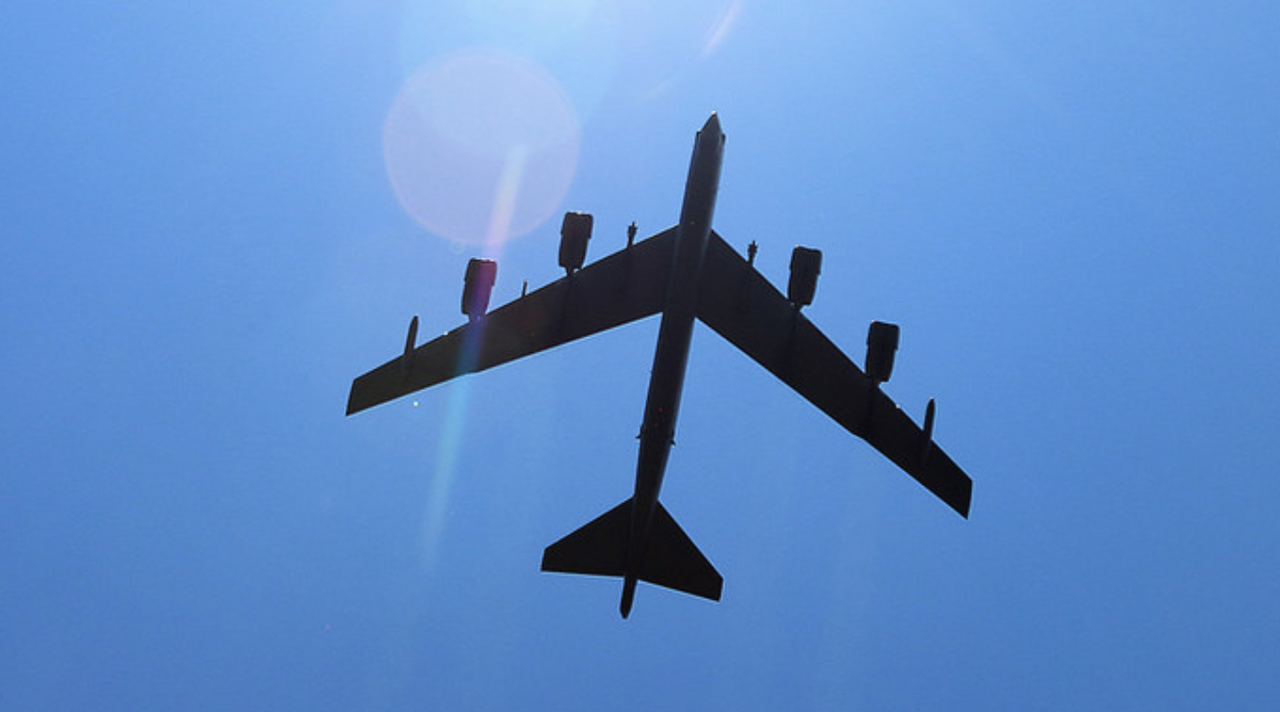Washington Provokes Beijing By Flying 2 B-52 Bombers Over South China Sea
So far, simmering tensions between the US and Chinese Navy in the South China Sea haven’t had much of an impact on trade-deal talks. But that doesn’t mean investors should just ignore the US’s increasingly provocative “freedom of navigation” operations in the contested region that is also a vital chokepoint for one third of global trade.
As Trump reportedly pressures his negotiators to walk away with a deal, the US air force has for the first time since just before Thanksgiving risked a confrontation with Beijing by flying two B-52 bomber on a mission that brought them within close proximity to the Chinese mainland.

The “training mission” brought the bombers close to disputed airspace over the South and East China Seas, according to RT. The mission was part of the US Pacific Command’s “Continuous Bomber Presence Missions”, which are designed to act as a means of deterrence against Beijing, which hasn’t shied away from flexing its growing military presence in the Pacific.
Two US Air Force B-52H Stratofortress long-range bombers, based in Guam, participated in “routine training missions” on Monday by flying through the disputed airspaces over the South and East China Seas. As one bomber “conducted training in the vicinity of the South China Sea,” the other practiced off the coast of Japan in “coordination with the US Navy and alongside our Japanese air force,” US Pacific Air Forces said in a statement.
The provocation is particularly notable because of Beijing’s increasingly belligerent rhetoric toward Taiwan, which President Xi pledged earlier this year would soon be “reunited” with the mainland, eliciting cries from Taiwan’s leader that the Taiwanese people would never accept this.
The bombers reportedly took off from Anderson Air Force Base in Guam.
Back in October, a Chinese warship nearly collided with a US destroyer in the South China Sea, provoking condemnations from both sides. Of course, these ongoing provocations apparently don’t matter to global markets…until they do.